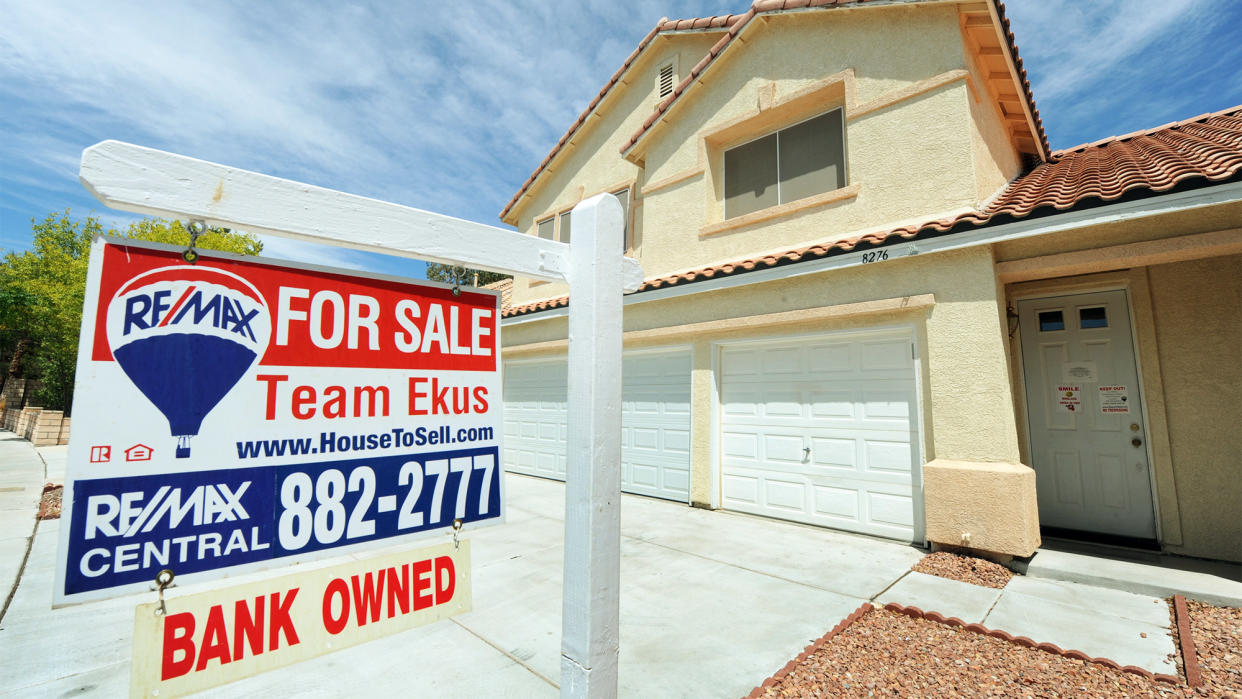Buying a Foreclosed Home: Info You Need to Know
If you’re looking to score a deal while house hunting, you may have considered buying a foreclosed home. These are houses whose owners were unable to pay the mortgage or sell the property. As a result, the lender assumed ownership and is now trying to sell it to recoup some of its costs.
While foreclosures aren’t as common today as they were during the height of the housing crisis in 2008, they do still happen. Currently, according to RealtyTrac, 1 in 13,000 homes ends up in foreclosure. In states with the highest frequency, such as Maryland and New Jersey, that ratio shoots up to 1 in approximately every 550 homes. That’s a lot of foreclosed places.
While foreclosure is hardly a pretty story for the home’s previous owners, it can be a bargain bonanza for buyers. Since banks are often eager to unload these properties, they aim to break even with an asking price that’s typically the sum of the remaining mortgage note plus interest, lawyer fees, and penalties. On average, this ends up totaling about 15% below the home’s actual value—and homes often sell for less than asking price.
But buying a foreclosed home does come with risks, so buyers should proceed with caution to see if the gamble is worth it.
Tips on buying a foreclosed home
To find foreclosed homes, you can peruse listings of foreclosures on realtor.com®, which may also be marked as “bank owned” or “real estate owned (REO).” If you spot a home you like, contact the real estate agent on the listing as usual.
The biggest caveat when buying a foreclosed home is that it is typically sold as is, which means the bank is not going to fix any problems. And there may be plenty of them, considering that many foreclosures have been slowly crumbling into disrepair due to the previous owner’s financial strain. And unlike a normal home sale, in which disclosure requirements force owners to reveal a home’s every flaw, there’s no such legal stipulation in a foreclosure. What you see (or don’t) is truly what you get.
That’s why foreclosed homes risk costing buyers a ton of money to renovate that could negate their supposed savings. This is why Eric Workman of the Chicago-based residential rehab lender Renovo Financial suggests that buyers take extra precautions such as the following before making an offer:
Research how long the home sat vacant, whether it endured freeze and thaw seasons unattended, or experienced anything that may have caused significant structural damage. Homes in a dire state of disrepair won’t be eligible for a conventional mortgage.
Hire a home inspector to thoroughly check out the home for major problems. Have the inspector give you an estimate of how much money it will take to make repairs.
You can try to add financing and inspection contingencies to your offer. That way, if you do encounter problems with the home or attaining a mortgage for it, you can back out of the deal without losing your deposit. Just keep in mind that asking for contingencies does not mean the bank will accept them; they’re not the norm with foreclosures.
Also hire a professional to conduct a title search, says Ben Niernberg, executive vice president at Northbrook, IL–based Proper Title. This may allow you to avoid all kinds of nightmare scenarios—sometimes the bank will clear the liens, but it isn’t required to do so. For instance, let’s say the IRS has a lien on the property for back taxes. That debt doesn’t follow the owner once he sells. Instead, the lien sticks with the property, making the new owner responsible for repayment.
If you find out the home has problems, you will want to carefully weigh whether it’s worth all the extra work. In some cases it will be; in others, it may be more prudent to walk.
—————
Watch: The Features That Help a Home Sell Fastest
The post Buying a Foreclosed Home: Info You Need to Know appeared first on Real Estate News and Advice - realtor.com.
Related Articles



